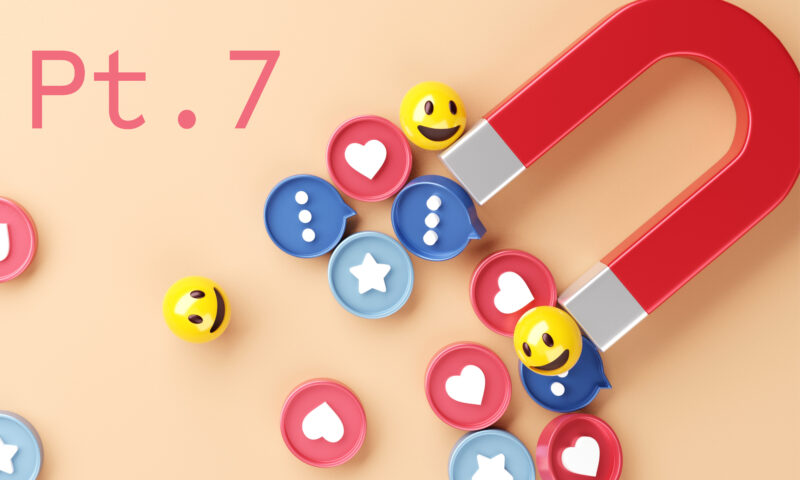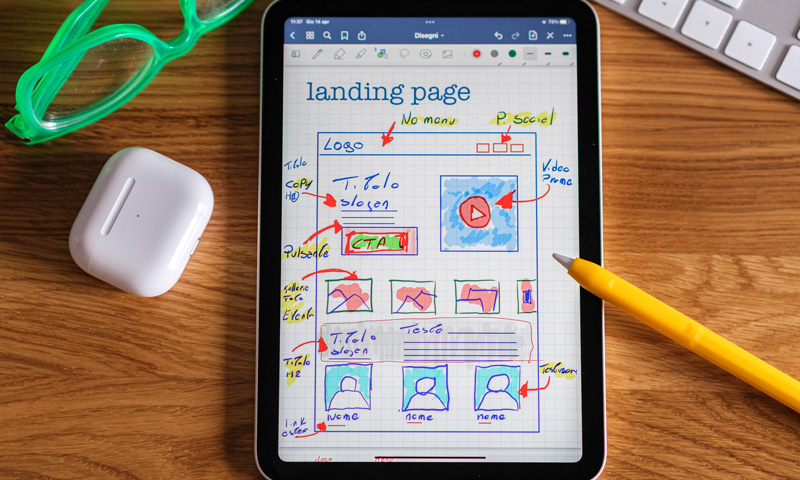POSTED BY: Yishi Chakrabarty
Democratising AI to Transform Businesses – Exploring ChatGPT

Democratising AI to Transform Businesses – Exploring ChatGPT
Andrew Ng, a Stanford professor and founder of deeplearning.ai, likens the advent of AI to the rise of literacy in a TedTalk. In the past, the majority was engaged in agriculture and being able to read and write had no practical use in their daily lives. The mastery of that skill was usually limited to the high priests and priestesses, monks and philosophers. From this historical context, he deftly explains how privileges enjoyed by a limited few, when allowed to trickle through all rungs of the social hierarchy can create a much richer society.
Today, you do not need to be a large tech corporation holding massive amounts of data and legions of highly skilled engineers and data scientists to maximise productivity and revenue generation for your business using AI models. AI democratisation is a paradigm shift in the realm of automation and machine learning (ML) due to rapid advancements. It is bringing down barriers to make AI accessible to businesses of all sizes. This, in turn, exposes us to a new vista of possibilities for innovation by revolutionising industries and empowering a greater number of stakeholders to harness the benefits of AI technology.

AI can enable a restaurant chain, for example, with many menu items and multiple locations, to take advantage of external data like local events, weather forecasts, transport delays, etc. for daily planning, sourcing ingredients and arranging staff cover. This can make them well-prepared for situations like outdoor dining or an influx of customers, ultimately optimising expenses and maximising sales.
Among AI’s disciplines, generative AI can empower businesses to create original content (images, text and music) and optimise solutions to complex problems. Generative AI leverages complex neural networks to learn from extensive datasets and autonomously generate content.
Out of the host of generative AI tools currently available like TensorFlow, PyTorch, Dall-E, ChatGPT, etc., we are going to explore ChatGPT in this post.
ChatGPT, developed by OpenAI, is a generative AI chatbot that can generate unique responses to almost any written prompt. Its popularity has soared since its original public release due to the plethora of utilities it brings to businesses and individuals alike. GPT-4 is the enhanced version of OpenAI’s ChatGPT software and possesses more advanced problem-solving skills and a wider range of general knowledge.
5 ways ChatGPT can benefit your business:

- Content Generation: Its most touted skill – generating creatively original textual content. It can present content in various styles and tones of voice. From populating LinkedIn profiles to developing catchy advertising slogans – the sky is the limit!
-
- Content Marketing: It can generate relevant and brand-aligned email newsletters, marketing text and campaigns, and social media posts that you can embed into your comms for customer engagement and lead generation.
- Summaries: Draft a report on meeting notes, summarise an article, create executive summaries or convert research notes into a blurb.
- Brainstorming: ChatGPT is a remarkable tool for brainstorming content ideas – be it a new marketing strategy, looking up a variety of relevant iterations on social media posts, or coming up with article topics and outlines – it can be a potential sounding board for creative explorations.
-
- SEO: Generate SEO-friendly keywords, titles or SEO-optimised articles on any topic. ChatGPT’s vast training data comprises the entire internet (up to 2021), among other sources, giving it insight into relevant keywords and phrases on any subject.
- Customer Service:
-
- Emails: Automate customer service emails in a variety of languages with ChatGPT – produce alerts on anticipated system downtime, upcoming business closures or modified hours for holidays; construct sales emails promoting discounts and a whole lot more
- Chatbot: Integrate ChatGPT’s API directly into your website or social media account to answer customer queries in real time using natural-sounding language
-
- Interview Questions: Chat GPT is here to rattle multiple industries and this time it hits HR. The tool is incredible at formulating on-point interview questions. It can even alter the complexity and ambiguity of the questions to match the requirements for a job role depending on the depth of information you provide.
- Data Analysis: The software can analyse data to identify patterns and trends that may not be apparent to humans. These insights and solutions can help businesses optimise operations, improve efficiency and unveil new growth opportunities.
Despite the promises, there is still plenty to shake out with AI in general and ChatGPT in particular. Although rapidly evolving, AI is a relatively new field and the tools are still under development.
ChatGPT is not accurate 100 per cent of the time, so it’s best to fact-check and proofread the generated text before publication. As a rule, avoid using the chatbot to generate entire articles. Search engines may penalise fully chatbot-written copy so try not to directly post generated content online without modification. Treat ChatGPT as a starting point instead.
It is a third-party service that stores entered data for AI training purposes. So never enter sensitive information into the programme as that may constitute a breach of privacy laws.
In addition, the AI model is limited to training data up to September 2021, so some of its answers on recent topics may be incorrect or out of date. Besides, its training dataset, sourced mostly from the internet, is not devoid of misinformation and human biases – issues we are actively trying to combat with AI democratisation. So approach its responses with a grain of salt.
GPT-4 – the latest version accessible from a paid subscription to ChatGPT Plus – although 40% more likely to produce factual responses compared to earlier GPT models, it still isn’t fully reliable. In Open AI’s words, ‘it “hallucinates” facts and makes reasoning errors’. But it does definitely possess a greater ability to craft more nuanced responses and is less prone to making up information compared to the free GPT 3.5.
GPT-4 owes its sharper accuracy to a larger volume of training data (dates a further six months beyond that of GPT 3.5, up to September 2021) and the capacity to consider over 1 trillion parameters (compared to the 175 billion parameters behind GPT 3.5) each time it formulates a response.
AI democratisation fosters the active participation of a diverse range of perspectives and inputs to create more comprehensive, thorough and unbiased AI solutions. When you realistically factor in the limitations, it becomes easy to find intelligent ways to use these AI tools and reap the transformative benefits.
Keep Reading

Social Media Blog 4: Where Do Brands Live?

Social Media Blog 5: Being Authentic on Social Media

Social Media Blog 6: Checking in on Brand Loyalty

Social Media Blog 7: The Power of Niche on Social Media

Social Media Blog 8: Online Privacy

Digital and Social Media Trends for 2021

How Can Brands Celebrate Pride Month?

Digital and Social Media Trends for 2023

5 Answers to Give a Web Agency
